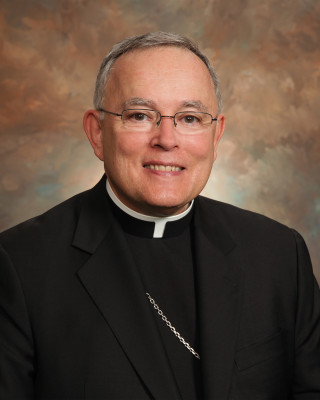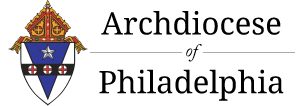
We live in a time of towering ironies. Here’s a big one.
For the ancient Greeks, one of the worst sins possible, and a constant theme in their drama, was hubris – the sin of overweening pride. They understood that pride creates a peculiar form of mental illness. People who denied the gods, or ignored the gods, or imagined themselves equal to the gods, cut themselves off from reality. In the process, no matter how great their intellect or strength, they made themselves blind to the world as it really is; the real world of underlying natural laws and moral truths.
The results of hubris were always ugly – which is why the playwright Euripides wrote that when the gods wish to destroy a man, they first make him “mad” with the unique madness that comes from pride. Shakespeare’s plays are filled with the same wisdom. Pride makes fools of the brilliant and powerful. Humility is the beginning of sanity.
Anyone searching for examples today of what the Greeks found so fatal about hubris needn’t look far. We might start with “A Philosopher Gets Pilloried,” an article in the May 9 Wall Street Journal. The article tells the tale of Prof. Rebecca Tuvel who (unwisely) raised, in a feminist philosophy journal, an obvious question.
As the Journal article recounts, Tuvel asked “why society is increasingly willing to embrace people who identify as ‘transgender,’ even as it rejects those who identify as ‘transracial’.” In Prof. Tuvel’s own words, “Considerations that support transgenderism seem to apply equally to transracialism.” Thus, logically, society “should also accept transracial individuals’ decisions to change races.”
Tuvel went on, the Journal article reports, to touch briefly on the same apparent anomalies in how we talk about “otherkins” – persons who feel their true self is really a non-human animal – and “transabled” people who have no physical abnormality but feel that one of their limbs violates their identity.
Tuvel’s reward for raising these issues? Fierce criticism in a letter from 500 of her academic peers for writing a paper that “painfully reflects a lack of engagement beyond white and cisgender privilege.” It turns out that the culturally enlightened have their own unpleasant methods of enforcing orthodoxy.
The lesson here is that it’s bad form, and bad news for one’s academic career, to notice the incoherence of a reigning intellectual vanity. If we reject the grounding in nature of what it means to be male, female and even human – well, why not self-identify as an otherkin? The trouble is that this kind of arrogant rejection of nature and real life is a sign of the peculiar kind of mental illness that comes with hubris. People struggling with confusion about their identity need genuine help, not intellectual quackery.
All of which leads to the real reason for my column this week.
Exactly 100 years ago this Saturday, May 13, three young children in Fatima, Portugal, had the first of six apparitions of Mary, the mother of Jesus. The Church is very wary of claimed apparitions for good reason. Many turn out to be natural phenomena, or innocent imaginings, or even outright frauds. The Church thus investigates and reflects carefully on claimed apparitions for years before acknowledging the authenticity of events like Lourdes or Fatima.
But there’s no doubt today that Mary’s presence at Fatima, and her predictions about the crises and sufferings of the 20th century, were real. St. John Paul II, who had a lifelong devotion to Mary, survived a brutal assassination attempt on May 13, 1981, and he always attributed his recovery to the intervention of Our Lady of Fatima.
What links Lourdes and Fatima is this: In both places, Mary appeared not to Church leaders, or intellectuals, or celebrities, or the wealthy, or the socially connected, or the politically skilled, but to the lowly; children who were poor and humble. Their simplicity made them sane enough to see and believe the miracle before them and hear the messages that Mary brought – messages ultimately about our need for conversion and trust in God, even in the face of crushing trials.
If we now live in an era of towering ironies, this is the greatest and most beautiful irony of them all: the love that the Creator of all things, God himself, bears for the very least among us.
Earlier this month, in honor of the Fatima centenary, the bishops of Pennsylvania voted to dedicate every diocese and eparchy in the Commonwealth to the protection of the Blessed Mother. The official dedication to Mary will take place at St. Patrick’s Cathedral in Harrisburg at noon on Wednesday, September 27, in a Mass concelebrated by all Pennsylvania bishops. Our own diocesan dedication will take place the weekend of October 14-15. Local details will be coming soon.
On May 13, and in the months ahead, please turn your prayers to Mary. Ask her intercession for the protection of the Church, the Holy Father, and our Catholic people across the state. As the mother of all of us, she will never refuse the requests of a faithful heart.
# # #
Editor’s Note: Columns will be published each week on www.CatholicPhilly.com and can also be found at https://archphila.org/archbishop-chaput/statements/statements.php.






